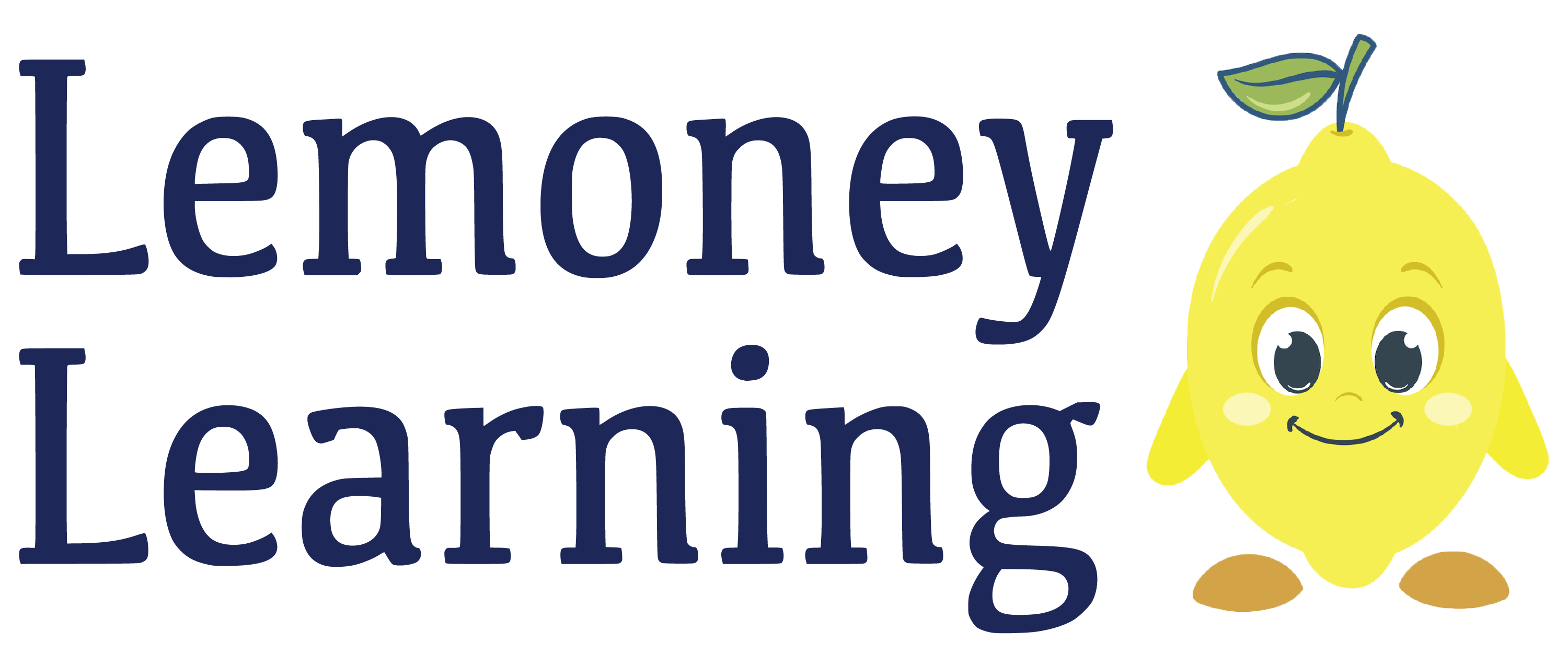In today’s dynamic educational landscape, fostering student engagement is more crucial than ever. To truly captivate and inspire, educators need to embrace unique and innovative approaches. Here are some compelling strategies to enhance student engagement and make learning an exciting adventure.
1. Project-Based Learning (PBL)
Summary
Project-Based Learning involves students working on a project over an extended period, which integrates multiple subjects and culminates in a final product or presentation.
Implementation
• Real-World Problems: Assign projects that solve real-world issues relevant to the students’ lives.
• Interdisciplinary Approach: Integrate various subjects into a single project.
• Presentations and Exhibitions: Have students present their projects to the class or a wider audience.
Benefits
• Develops critical thinking and problem-solving skills.
• Encourages collaboration and communication.
• Provides a sense of purpose and relevance to the learning material.
2. Socratic Seminars and Debates
Summary
Socratic Seminars and debates engage students in critical thinking and discussion, promoting a deeper understanding of the subject matter.
Implementation
• Open-Ended Questions: Facilitate discussions with questions that have multiple perspectives.
• Role Assignments: Assign roles such as facilitator, timekeeper, and note-taker to involve all students.
• Formal Debates: Organize debates on relevant topics, encouraging research and public speaking skills.
Benefits
• Enhances critical thinking and analytical skills.
• Encourages active participation and listening.
• Develops communication and argumentation skills.
3. Outdoor and Experiential Learning
Summary
Experiential learning involves hands-on, real-world experiences outside the traditional classroom setting.
Implementation
• Field Trips: Organize visits to museums, historical sites, and scientific institutions.
• Outdoor Classes: Conduct lessons in natural settings to enhance environmental awareness and inspiration.
• Service Learning: Integrate community service projects into the curriculum.
Benefits
• Provides practical, real-world experience.
• Stimulates interest and curiosity.
• Enhances retention and understanding of concepts.
4. Personalized Learning Plans
Summary
Personalized learning plans tailor the educational experience to meet individual student needs, preferences, and interests.
Implementation
• Individual Assessments: Conduct regular assessments to identify strengths and areas for improvement.
• Customized Learning Paths: Develop learning plans that cater to each student’s pace and style.
• Mentorship Programs: Pair students with mentors who can provide guidance and support.
Benefits
• Increases student agency and motivation.
• Addresses diverse learning needs.
• Promotes a deeper connection to the material.
Incorporating these unique methods can transform the classroom into an engaging, dynamic, and effective learning environment. By embracing different strategies, educators can inspire their students to become active participants in their education journey. The key is to be flexible, creative, and responsive to the evolving needs of the students, ensuring that learning remains a captivating and enriching experience.
